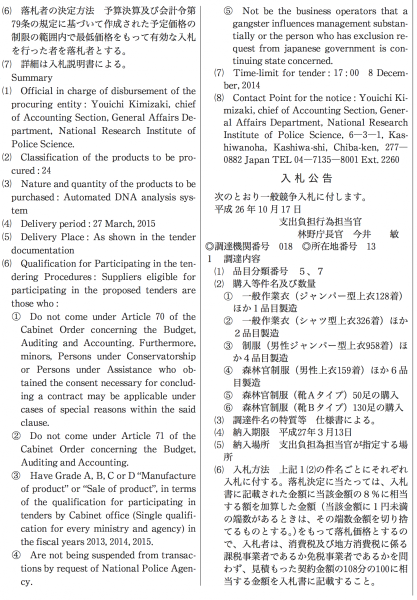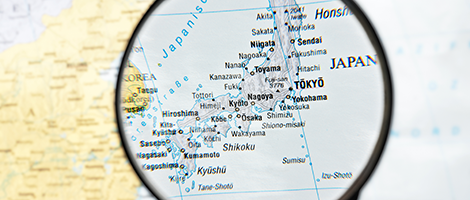Submission and opening of tenders
Once all documents for the tender have been prepared, they must be sealed and submitted at the location specified in the tender notice and/or tender documentation. Documents can be submitted in person by tenderers themselves or by representative, or by mail.











